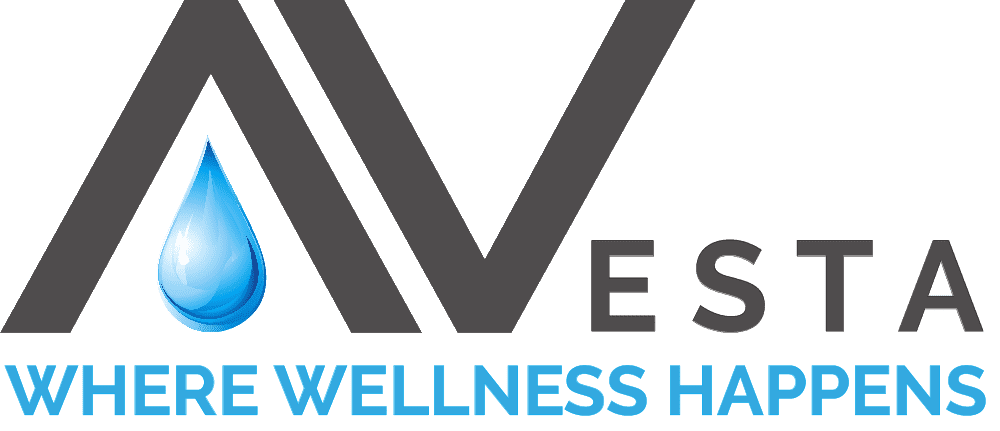Are you wondering how Ketamine offers new hope for treatment resistant PTSD? If you are suffering from PTSD, you have likely heard that you are not alone and while that is true, it probably does not change the fact that you feel alone. You may also feel helpless, isolated, ashamed, or guilty. PTSD can be debilitating and can last for months and even years. It is often characterized by the chronic reliving of a traumatic event through intense emotional and physical reactions. Symptoms usually entail nightmares, insomnia, and sustained difficulty moving past unwanted memories of the trauma. PTSD suffers also often find themselves avoiding situations they would typically enjoy and dealing with heightened situational reactions, anxiety, or depression.
Ketamine Offers New Hope for Treatment Resistant PTSD
While PTSD can affect anyone, it most commonly affects people that have been in very close contact with a traumatic situation. The reality is that even the most strong-willed individuals are susceptible to PTSD in the same way that any athlete is susceptible to injury. Moreover, rehabilitation and treatment of PTSD is similar to any other injury treatment in the sense that you must properly identify and care for the injury if you hope to restore your health.
One of the greatest challenges with PTSD is the stigma surrounding it. People with PTSD often fear embarrassment or shame or that they will be perceived as weak. They also fear people may treat them differently or label them in a certain way. And, honestly, sufferers are rightly concerned because we as a society have not done enough in past years to advocate for mental health. Gratefully, we have made some good strides in the last decade, but there is still much work to be done. While PTSD sufferers are starting to find the confidence to seek help, many are not finding relief with their treatment regimen! Imagine, bravely confronting your fears and seeking treatment for PTSD only to find the treatment options may not work for you.
As a practitioner, I see this often and it is a large part of the reason why I opened my ketamine infusion clinic in Chevy Chase. In my twenty years studying and teaching anesthesia, pain management, and alternative medicine I have truly seen effective results with Ketamine IV Infusions, particularly for the treatment of PTSD. I believe in providing IV ketamine infusions for the treatment of PTSD because there is strong research supporting its effectiveness and safety.
In a 2008 study published in The Journal of Trauma: Injury, Infection, and Critical Care, researchers investigated the prevalence of PTSD in Operation Iraqi Freedom/Operation Enduring Freedom (OIF/OEF) service members who were treated for burns in a military treatment center. The study found that:
“The prevalence of PTSD in patients receiving ketamine during their operation(s) was compared with patients not receiving ketamine. Of the 25,000 soldiers injured in OIF/OEF, United States Army Institute of Surgical Research received 603 burned casualties, of which 241 completed the PCL-M. Of those, 147 soldiers underwent at least one operation. Among 119 patients who received ketamine during surgery and 28 who did not; the prevalence of PTSD was 27% (32 of 119) versus 46% (13 of 28), respectively (p = 0.044). Contrary to expectations, patients receiving perioperative ketamine had a lower prevalence of PTSD than soldiers receiving no ketamine during their surgeries despite having larger burns, higher injury severity score, undergoing more operations, and spending more time in the ICU.”
In another study in 2014 published in JAMA Psychiatry, researchers tested “the efficacy and safety of a single intravenous subanesthetic dose of ketamine for the treatment of PTSD and associated depressive symptoms in patients with chronic PTSD.” What they found is promising! The study results concluded that “Ketamine infusion was associated with significant and rapid reduction in PTSD symptom severity, compared with midazolam, when assessed 24 hours after infusion. Greater reduction of PTSD symptoms following treatment with ketamine was evident in both crossover and first-period analyses, and remained significant after adjusting for baseline and 24-hour depressive symptom severity. Ketamine was also associated with reduction in comorbid depressive symptoms and with improvement in overall clinical presentation. Ketamine was generally well tolerated without clinically significant persistent dissociative symptoms.”
In a 2018 study published in the Journal of Clinical Psychiatry, researchers examined the “efficacy, safety, and durability of repeated ketamine infusions for the treatment of comorbid posttraumatic stress disorder (PTSD) and treatment-resistant depression (TRD) in a sample of veterans.” Once again, the results are promising.
“Individuals received 6 intravenous ketamine infusions and continuous measures of symptom change were significant for both disorders and were associated with large effect sizes….The remission rate for PTSD was 80.0%, and the response rate for TRD was 93.3%. This study, the first open-label study of repeated ketamine infusions in a comorbid population, found rapid and sustained improvement in PTSD and depression symptoms. This report suggests that repeated ketamine treatments are safe and may represent an efficacious treatment for individuals with comorbid PTSD and TRD.”
If you are suffering from treatment resistant PTSD, ketamine IV infusions offer new hope and promising relief for suffers. In general, treatment induction includes 6 one 45-60 minute sessions spread over a 2-3 week period. Research has shown this regimen to be the most effective induction method. Patients typically feel effects within the first 4 treatments, and are recommended to continue their regular care with a mental health practitioner, as well as their current drug regimen. Additionally, ketamine booster infusions are generally needed periodically following the induction treatment.
To find out if ketamine iv infusions are right for the treatment of your PTSD, we invite you to schedule a free and discreet consultation with us today.
If you would like to learn more about Avesta Ketamine and Wellness, please review our About Us page and our Ketamine and PTSD page.




